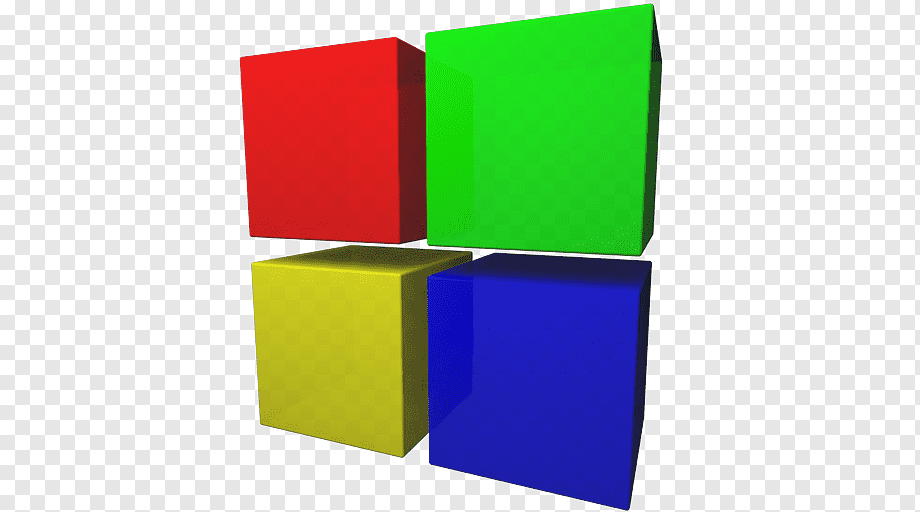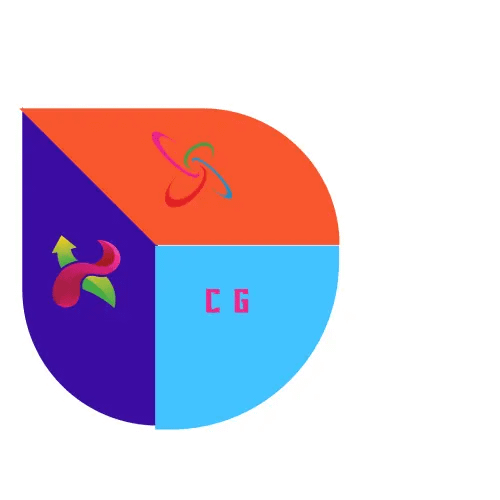
CodeBlock IDE Free Download
Key Details
As of my last knowledge update in January 2022, I’m not aware of any specific IDE called “code block IDE.” However, there is an IDE called Code::Blocks, which is a free, open-source, cross-platform integrated development environment (IDE) for C, C++, and Fortran programming languages. Here are some key details about Code::Blocks:
1. **Cross-Platform Support:**
– Code::Blocks is designed to be cross-platform, meaning it can run on various operating systems, including Windows, Linux, and macOS.
2. **Open Source:**
– Code::Blocks is an open-source project, allowing developers to contribute to its development and customize it to suit their needs.
3. **Multi-Language Support:**
– While it is primarily known for C and C++ development, Code::Blocks also supports Fortran programming.
4. **User-Friendly Interface:**
– The IDE provides a user-friendly interface with features like code highlighting, syntax checking, and code completion to enhance the coding experience.
5. **Compiler Integration:**
– Code::Blocks supports multiple compilers, including GCC (GNU Compiler Collection), making it flexible for different project requirements.
6. **Extensible and Customizable:**
– The IDE is designed to be extensible through plugins, allowing users to add functionality as needed. It is also customizable in terms of appearance and settings.
7. **Project Management:**
– Code::Blocks offers project management features, allowing developers to organize and manage their code projects efficiently.
8. **Debugger Integration:**
– It integrates with various debuggers, facilitating the debugging process for identifying and fixing code issues.
9. **Community and Documentation:**
– Being an open-source project, Code::Blocks has an active community that provides support and documentation to help users get started and troubleshoot issues.
10. **License:**
– Code::Blocks is distributed under the GPLv3 (GNU General Public License version 3) license, which promotes the principles of free and open-source software.
Remember to check for updates or changes to Code::Blocks beyond my last knowledge update in January 2022, as software tools can evolve over time.
How to use
Using Code::Blocks is relatively straightforward, and here’s a general guide on how to use the IDE for C or C++ programming. Please note that specific details may vary depending on the version of Code::Blocks you’re using.
### Installation:
1. **Download and Install:**
– Visit the official Code::Blocks website (https://www.codeblocks.org/) and download the installer for your operating system (Windows, Linux, or macOS).
– Follow the installation instructions provided for your platform.
2. **Compiler Installation:**
– Code::Blocks requires a compiler to build and run programs. For C and C++, you can use GCC (GNU Compiler Collection). Make sure to install it and configure Code::Blocks to use it.
### Creating a New Project:
1. **Open Code::Blocks:**
– Launch the Code::Blocks IDE.
2. **Create a New Project:**
– Click on “File” in the menu bar.
– Select “New” and then choose “Project…”
3. **Select Project Type:**
– Choose the project type based on your programming language (e.g., Console Application for C or C++).
4. **Configure Project:**
– Set project title, location, and choose a compiler.
– Follow the prompts to set up project-specific details.
### Writing and Editing Code:
1. **Code Editor:**
– Once your project is set up, you’ll see the code editor where you can write your code.
2. **Code Completion:**
– Code::Blocks provides code completion features to help you write code more efficiently. Use shortcuts or let the IDE suggest code as you type.
3. **Building and Running:**
– Click on the build (hammer) icon to compile your code.
– Click on the run (play) icon to execute your program.
### Debugging:
1. **Setting Breakpoints:**
– Click in the left margin next to the line numbers to set breakpoints where you want to pause execution for debugging.
2. **Debugging Tools:**
– Use the debugging tools to step through your code, inspect variables, and identify issues.
### Project Management:
1. **Adding Files:**
– Right-click on your project in the workspace and choose “Add Files…” to add new source files or resources to your project.
2. **Organizing Files:**
– Code::Blocks allows you to organize your project with folders and manage different file types.
### Customization and Preferences:
1. **IDE Preferences:**
– Explore the preferences/settings menu to customize the appearance, behavior, and key bindings according to your preferences.
2. **Plugins:**
– Code::Blocks supports plugins that can enhance functionality. Explore and install plugins if needed.
### Resources and Help:
1. **Documentation:**
– Refer to the Code::Blocks documentation for detailed information and troubleshooting tips.
2. **Community Forums:**
– Join the Code::Blocks community forums for support and discussions.
Remember to consult the specific documentation or help resources provided with the version of Code::Blocks you are using for detailed instructions and troubleshooting specific to that version.
